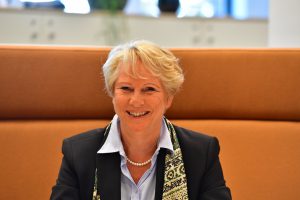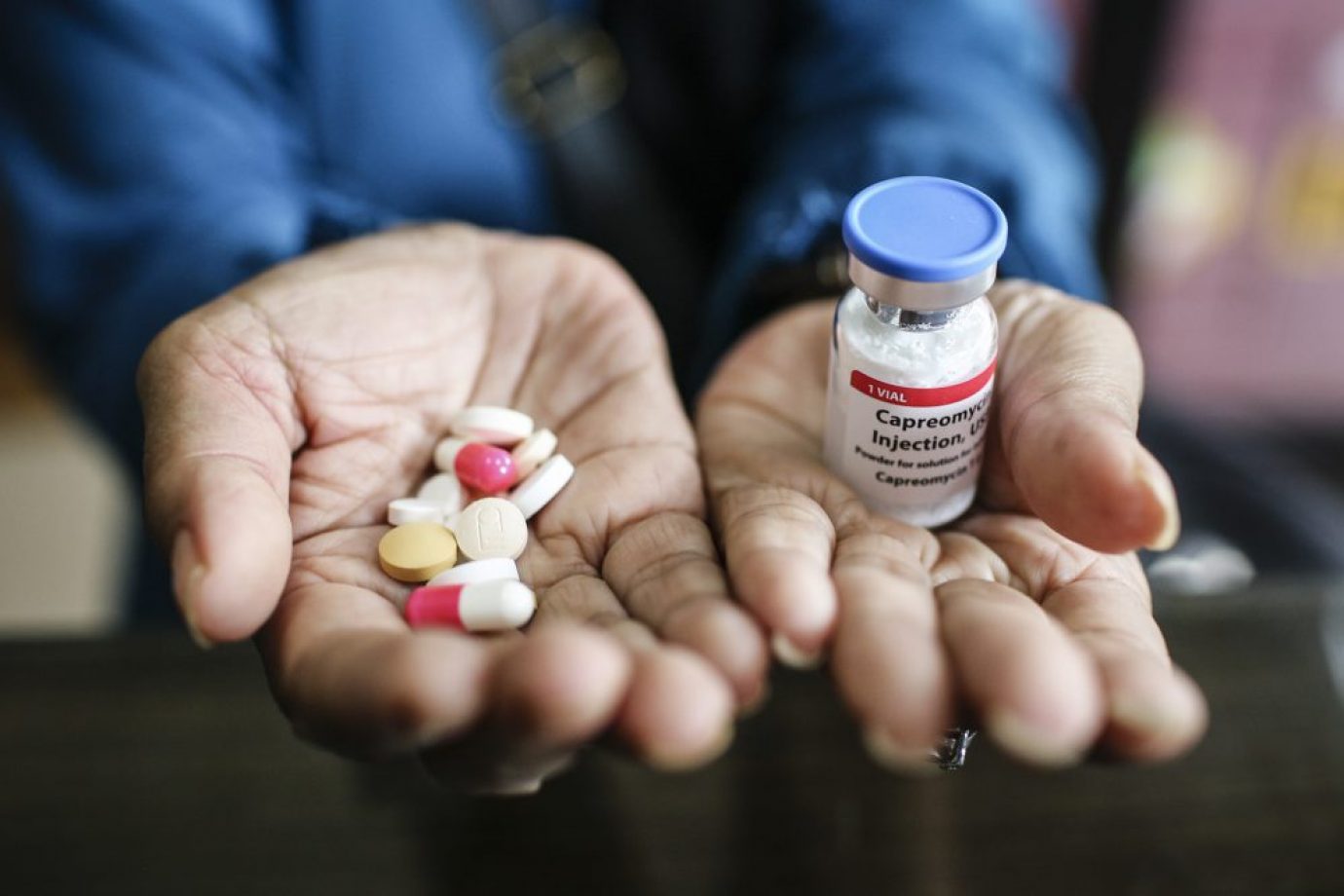The Hague– The recent, “Global Tuberculosis Report 2017” by the World Health Organization (WHO), names tuberculosis (TB) the ninth leading cause of death in the world, with more than 1.7 million TB deaths last year. It warns about the rise of multi-drug resistant tuberculosis (MDR-TB), and urgently calls for action to halt its advance.
The report also expresses great concern of the lag between diagnosis and treatment of MDR-TB patients. Even with the availability of new laboratory tests and drugs, only 1 in 5 people with MDR-TB are currently found and treated. Any delay when treating this dangerous form of tuberculosis can potentially costs lives.
“After 40 years finally new TB-drugs are available, but unfortunately they are still only accessible to very few people,” says Kitty van Weezenbeek, executive director of KNCV Tuberculosis Foundation. “We urgently need political involvement and additional funds to make these new drugs widely available. So we can save lives and break the chain of infection.”
KNCV Tuberculosis Foundation has improved accessibility by introducing new MDR-TB regimens in 19 countries affected by tuberculosis. Through these new programs, some patients are eligible to participate in reduced regimens, from 24 months to only 9 months, meaning they experience fewer side effects and are more likely to successfully complete their treatment. The initial results of these programs are promising! Last week, the first MDR-TB patients in Kyrgyzstan who followed the shortened regimen were officially declared cured.
 Kitty van Weezenbeek: “Drug-resistant tuberculosis is one of the major global public health challenges. We urgently need political leadership to effectively deal with the epidemic. It’s now or never with the WHO Ministerial Conference on Tuberculosis taking place on 16 and 17 November in Moscow, and the special session on the tuberculosis epidemic that will be held at the UN General Assembly in September next year.”
Kitty van Weezenbeek: “Drug-resistant tuberculosis is one of the major global public health challenges. We urgently need political leadership to effectively deal with the epidemic. It’s now or never with the WHO Ministerial Conference on Tuberculosis taking place on 16 and 17 November in Moscow, and the special session on the tuberculosis epidemic that will be held at the UN General Assembly in September next year.”
As international expertise center, KNCV Tuberculosis Foundation will make a significant contribution to the Ministerial Conference in Russia, and will continue to work in tandem with the WHO and partners to make tuberculosis innovations available to vulnerable groups worldwide.

